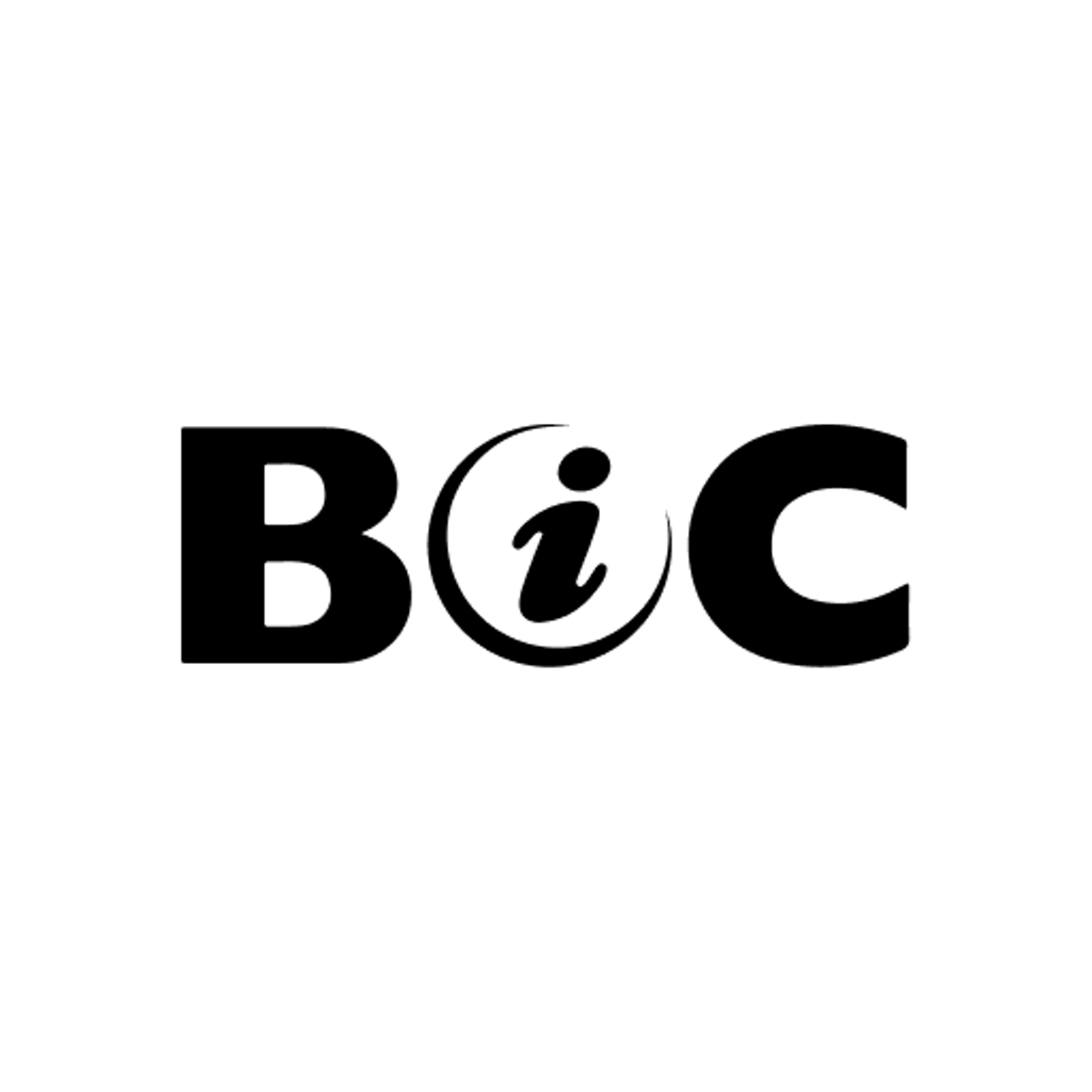Last June, the IDB Group opened a consultation process to seek input on their new institutional strategy. This document will set the strategic direction of the IDB Group as it works to support sustainable development in the region. The strategy will be approved at the next IDB Annual Meeting in 2024 and is expected to apply until 2030.
BIC and partner members of the IDB Working Group, a group of multiple regional and international organizations focusing on advocacy targeting the IDB, sent a letter to President Goldfajn highlighting concerns regarding the consultation process and urging the IDB Group to improve its quality. As the IDB Group reviews its strategic plan, it will be important for them to develop strong and robust institutional channels so that CSOs and project-affected groups can better engage with different levels of IDB management when needed.
BIC and the IDB Working Group provided extensive comments and recommendations for the IDB Group to consider as it develops its institutional strategy. You can read them in their entirety here.
In our comments, we point out that scaling-up and accelerating investments without considering the context and experience of affected communities is deeply concerning. It must be clear in the IDB Group's institutional strategy that this growth, increase in additional risks, and further collaboration with the private sector should not come at the expense of the most marginalized groups. For the most marginalized communities to be left to carry that additional risk is contrary to the IDB’s Group development mandate and will undermine its efforts to address the climate crisis and other regional challenges. The new strategy must put people at the center and be informed by the communities or local populations that are supposed to benefit from IDB projects and operations.
In this vein, as the IDB aims to scale up its investments and play a catalyzing role in regional sustainable development, it is critical that the IDB Group prioritize quality investments. An increase in risk requires a proportional increase in monitoring and supervision of compliance with social and environmental safeguards, something the IDB Group lacks the capacity to do. The IDB can improve the quality of its financing by doubling down on principles of good governance—especially transparency, access to information, and accountability.
Also, the IDB needs to improve upstream planning, which is essential for the design and implementation of robust projects with maximum potential for achieving sustainable development goals. Improved upstream planning is critical for the identification of the “right” projects that promote social and environmental sustainability throughout the project cycle, from policy to planning to implementation.
In addition, if the IDB wants to be a ‘climate bank’ it needs to improve the IDB’s approach toward Paris-alignment and the 2030 Agenda. A focus on alignment with client country commitments is insufficient to meet the 1.5 degree target, as few of the country plans do so. Instead, the Bank needs to identify ways to play an additive role, going beyond aggregate country commitments to meet Paris's goals.
Finally, the IDB Group needs to rethink the way in which it engages with civil society and project-impacted communities. Spaces for such engagement are often poorly designed and implemented, proving insufficient and ineffective to adequately receive the perspectives of communities and civil society. We encourage the IDB Group to foster an institutional culture which recognizes that the best way to deliver positive development outcomes is through learning from mistakes and being open to engaging in constructive and effective relationships with civil society and project-affected communities.
It is critical that the IDB Group not only evolve its mission and financing to meet regional challenges, but that it works to improve its operating model, safeguards application, upstream planning, and relationship with civil society and project-affected communities.
Read the full document with recommendations in Spanish here and English here.

